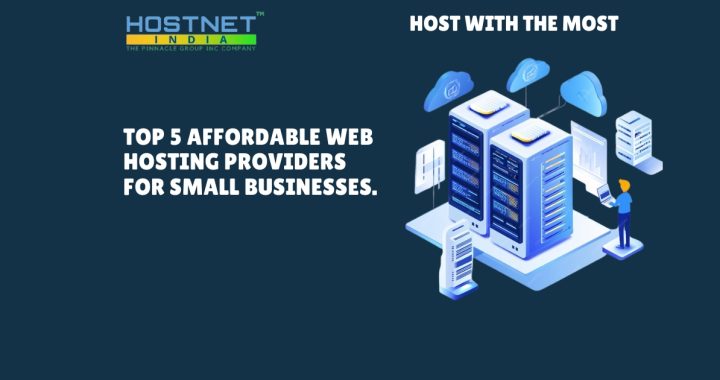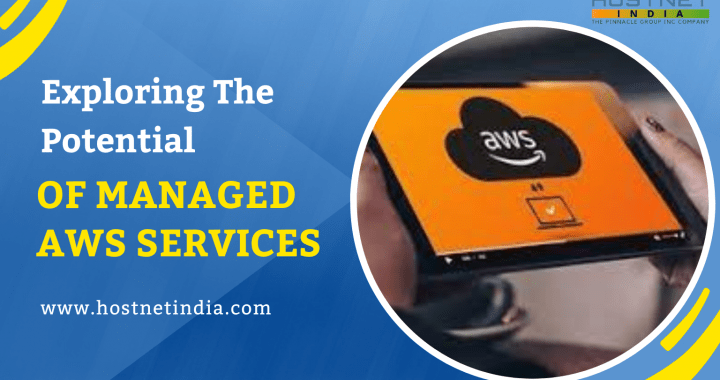Top 5 Security Tips to Secure Linux VPS Server
Virtual Private Servers are one of the most demanding Linux VPS server in the
technological market. It comes with various features and provide high
performance with power of more control. Many times, it is also called as an
upgraded version of shared hosting and due to various positive advantages, it
has become the best choice for the buyers. These positive advantages may
include easy configuration, more control, high performance, network stability
and high security.
Beside more security and control it is essential to prioritise security to protect
the precious data. In this article we will look after the top 5 Security Tips o
Secure Linux VPS Server
What is a Virtual Private Server?
When a bare metal server is distributed in certain amount making it different
smaller parts that are totally isolated with each other which gives you the feel
like Dedicated Server in a virtual machine forms a Virtual Private Server. The
resources present in the VPS totally depends upon the client requirements for
hosting a website or a dedicated server. With the desired level of resources
client can run their critical web application. It is considered as a most
economical option rather than opting for a costly Dedicated Server.
5 Tips to Secure Linux VPS

1. First Things Come First: Regular Updates
Popular operating system like Linux prioritises with security. Whenever there
are any patches or faults are detected in the server your vendor will provide
you an update. It is important to go with the regular updates for the operating
system. In case the operating system does not get an update on timely basis
there are high chances of mis happenings. The attackers will find it easy to
attack and you may incur a Hugh loss. These types of updates are timely done
by the administrator and may cause high level of issues if they are delayed.
2. Configure a Firewall
Firewalls provides protection against all the malicious attackers. Hence, making
it essential for keeping you VPS safe and secure. Firewall blocks the malicious
incoming networks and also prevent them to access your VPS and making
certain manipulations in them. With this you enable you work efficiently and
secure your VPS. It has various advantages including high security, customised
firewall rules and protection against malicious attackers.
Many known firewalls like CSF and APF with popular panels like cPanel and
Plesk help you to stay in protect with DDoS attacks.
Installing and Configuring a Firewall is the first thing when you are setting up
your Linux VPS Server. It should kept on the initial level only and should be updated
whenever any update arises.
3. Disable Root Logins
Never log in as the root user!! By default, the VPS server has “Root” as a
default username and hence the hackers are wise enough to use unethical
practices like Brute Force Attacks to crack the passwords and access the server.
When you disable the login from the root username it adds a separate strong
area of security. Preventing hackers to predict the passwords for the server.
To create a new root user, create a new username by using the “Sudo”
Command. Before this you need to create non root users and provide
necessary authority levels for the server.
Proceed with /etc/ssh/sshd_config and “PermitRootLogin” by changing the
default to Yes save the made changes and you are done.
4. Unable to Guess Password
By the improve in technology hackers have become wise and more intelligent
they use the power of AI enabled software’s that help them to access the
confidential data present in the server. They can steal the username and
passwords this helps them to find easy logins.
A weak combination of username or passwords works as a sparking gem for
the hackers. This increases the chance of data loss. To prevent this a user can
set a strong password combination. A strong is a combination of different
letter containing Upper and Lower case with symbols present in it. You can also
apply two factor authentication.
It is also possible to guess the password an attacker may uses different
combination of passwords for this he may require multiple logs in attempts. To
secure your server you can also customize or set your server log in attempts.
AI software’s are fast and believes in making an attempt speedier than
expected. So, you can prevent it by enabling a certain restriction of login
attempts.
5. A Basic Essential: Backup
Data loss or more precisely data theft is becoming a major problem day by day.
This can hit your business in a long way and may harm your goodwill in the
market. You may take long to gain your precious trust back from your clients.
Since you will not be able to operate your business efficiently you may also loss
your customers. For this it is highly important to keep a backup copy with you.
An updated copy of backup will help you in adverse situations. You can quickly
retrieve the precious data by performing some easy steps. It helps you to
restore all the infected files and folders that may cause more harm. Without
having a data backup, you may find it difficult to retrieve your data as it was
earlier.
You can get effective backup solution that help you to store great amount of
data in form of encryption that is highly safe and secure. You can securely
schedule automated backups to avoid irregularity for copying your files.
Conclusion
In Conclusion, it is crucial to secure your Linux VPS server as it is important to protect
ourself from cybercriminals. It is one of the most chosen technologies for start-
up and fast-growing business. VPS is already considered secure as it operates
on an isolated environment and works with separate resources that are not
shared. It also has its own security measures that makes it a better choice than
that of a shared server. In Addition, opting for a right web host also plays an
important role in VPS security and with managed you need not to worry much
about your VPS server as you own a managed services all the VPS server
management are taken care by the web hosting provider. Visit Hostnetindia to


 Understanding VPS Server Australia Architecture: Components, and Real-World Application
Understanding VPS Server Australia Architecture: Components, and Real-World Application  Affordable Web Hosting Providers For Small Businesses
Affordable Web Hosting Providers For Small Businesses  Exploring The Potential Of Managed AWS Services
Exploring The Potential Of Managed AWS Services  Plesk vs. cPanel: Which Control Panel is best for you in 2023?
Plesk vs. cPanel: Which Control Panel is best for you in 2023?  Limitations of Shared Hosting and Reseller Hosting
Limitations of Shared Hosting and Reseller Hosting  The Advantages of Managed Web Hosting: Is It Worth the Investment.
The Advantages of Managed Web Hosting: Is It Worth the Investment.